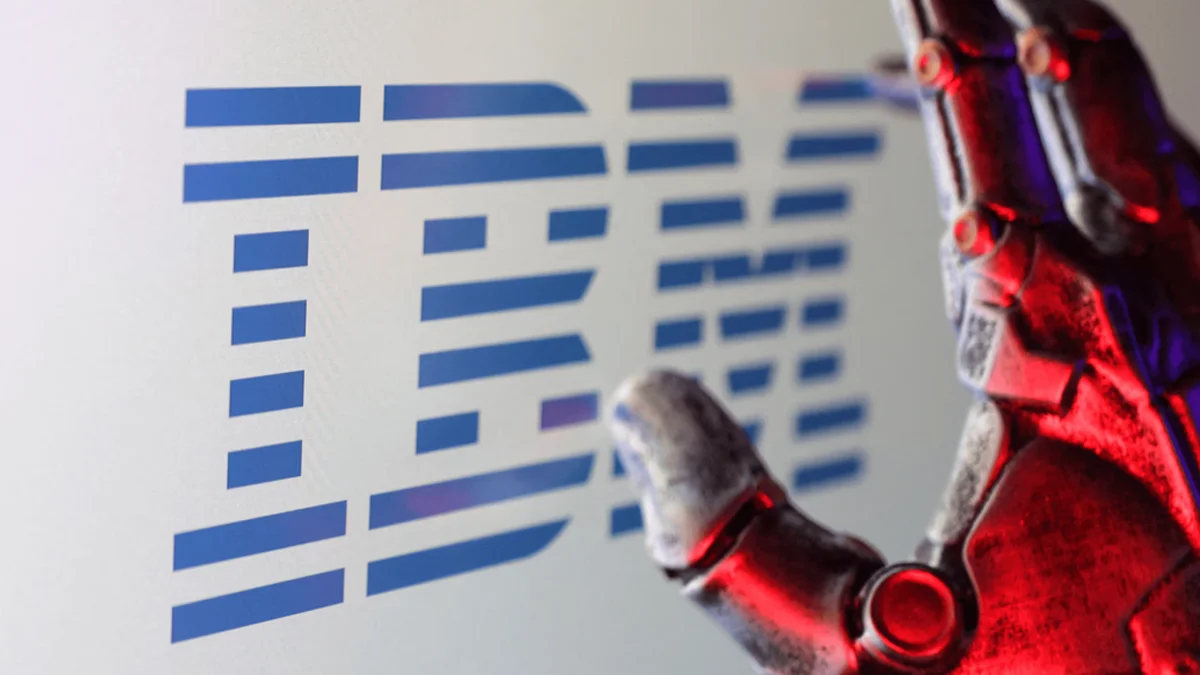Necessary Always Active
Necessary cookies are required to enable the basic features of this site, such as providing secure log-in or adjusting your consent preferences. These cookies do not store any personally identifiable data.
|
||||||
|
||||||
|
||||||
|

International Business Machines (IBM) has unveiled a new series of data center chips and servers. According to Reuters, the new IBM AI chips are more energy-efficient compared to those produced by rivals. IBM stocks surged on July 8, a reflection of investor optimism regarding its latest tech advancements.
IBM’s new chips are called Power11. They are designed to simplify the AI deployment in business operations. The launch of these chips marks IBM’s first major update on its Power chip series since 2020. Conventionally, Power11 chips have competed against semiconductors developed by Advanced Micro Devices (AMD) and Intel in data centers.
Semiconductors developed by the three companies target specialized sectors like healthcare, financial service, and manufacturing where performance and reliability are critical. IBM’s power-based systems are very similar to Nvidia’s AI servers because they combine chips and software in a single integrated package.
IBM’s General Manager for Power Systems Tom McPherson said the company opted for the coupling approach to boost the security and reliability of the chips. McPherson said that the new IBM Power10 servers are designed for high uptime. They do not require planned downtime for software updates. According to the company, unplanned downtime averages about 30 seconds each year.
The systems also come with robust security features designed to detect ransomware attacks and respond within a minute. Hackers use such attacks to encrypt data and demand ransoms to provide the keys. IBM systems’ superfast response speed capabilities are critical in addressing the rising threat of sophisticated cyber threats. The PC manufacturer said Power11 systems will be available in the market starting July 25.
IBM plans to integrate its new Power11 chips and servers with Spyre by the end of this year. The giant PC maker launched the Sypre AI chip in 2024. With this integration, IBM will be able to advance AI applications in enterprise processes across different sectors.
IBM says it will not be competing with Nvidia in developing chips that develop and train AI models. Instead, the US tech giant will be focusing more on simplifying deployment of AI for inference. AI inference involves the use of trained models to fast track completion of business tasks. This aspect will enable enterprises to apply AI models of tasks such as process optimization.
“We’re not chasing the training market, but we’re offering seamless AI integration for real-time decision-making and efficiency gains,” McPherson said.
By taking the AI inference approach, IBM will be leveraging its strength in enterprise solutions by providing seamless integration of AI capabilities in a way that boosts business operations.
McPherson added that although Power11 systems do not have the raw power needed to train AI models, its design prioritizes seamless integration and efficiency in business application environments. These capabilities are well aligned with IBM’s wider strategy of targeting high-value, niche sectors where security and reliability are critical.
IBM’s focus on AI inference acceleration will mostly appeal to businesses that want to operationalize AI without having to set up an extensive AI model training infrastructure. With data centers powering the digital transformation, the launch of IBM’s neural chips systems positions the PC maker in a way that will enable it to capture the growing demand for secure, energy-efficient, and AI-ready systems.
“We can integrate AI capabilities seamlessly into this for inference acceleration and help their business process improvements. It’s not going to have all the horsepower for training or anything, but it’s going to have really good inferencing capabilities that are simple to integrate,” McPherson said last week.
By leveraging this demand, IBM will potentially grow its hardware and services business segments.